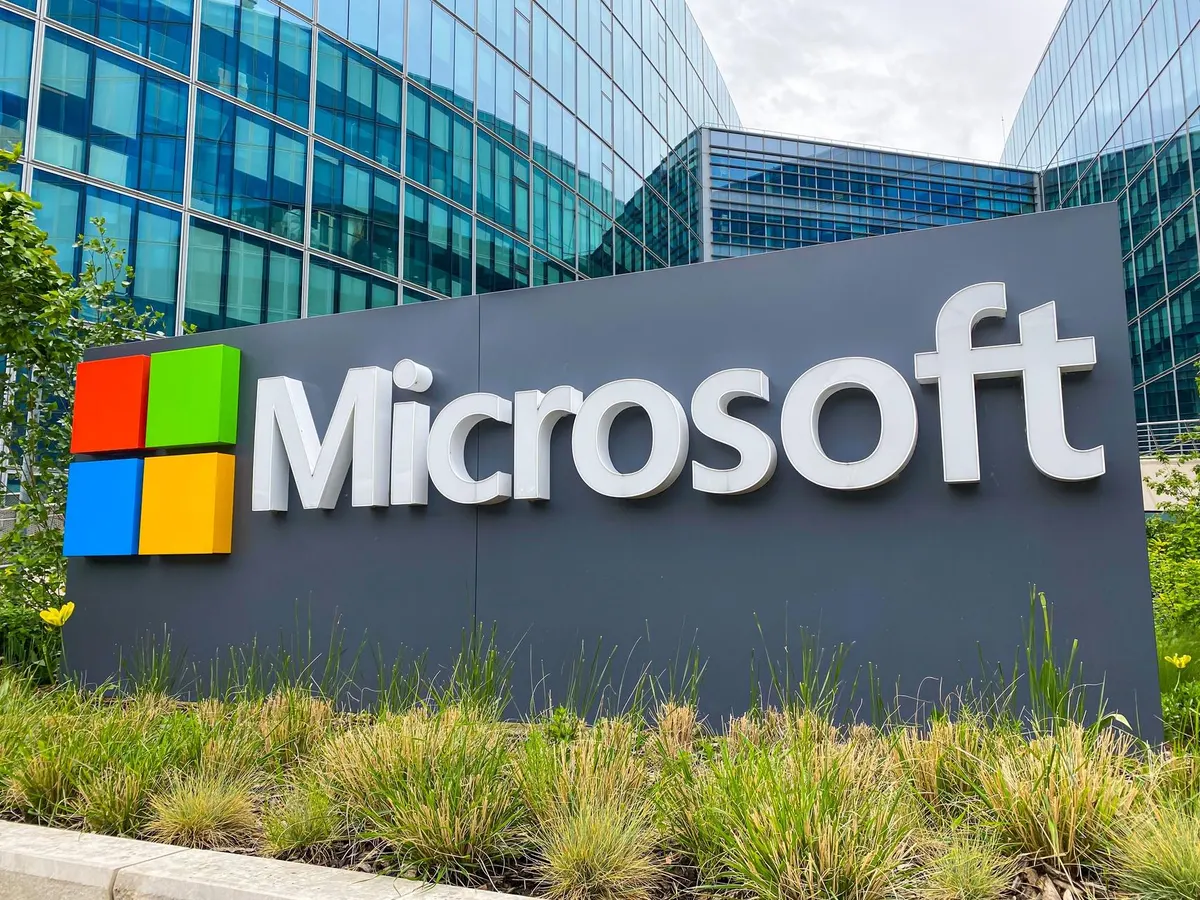In June 2024, Tesla shareholders are set to vote on a contentious proposal to reinstate a massive compensation package for CEO Elon Musk. Initially approved in 2018 and valued at $56 billion, the package was struck down by a Delaware judge due to concerns over its negotiation process. This vote represents not just a financial decision but a critical moment for corporate governance at Tesla.
Background of the Compensation Package
The original 2018 compensation plan, which could potentially grant Musk shares worth around $56 billion, was tied to ambitious market capitalization and operational milestones, all of which Musk has reportedly met. However, the legality and necessity of this package have been heavily scrutinized. Critics argue that Musk’s significant existing stake in Tesla, approximately 21.9%, already aligns his interests with shareholders, questioning the need for such a substantial additional incentive.
Controversy and Criticism
The proposal has been mired in controversy, primarily due to the way it was negotiated. Key figures involved in the plan’s approval had longstanding personal and professional ties with Musk, raising questions about the board’s independence and the fairness of the negotiation process. A Delaware judge highlighted these concerns, pointing out that the board’s decision-making might not have been entirely impartial or robust.
Shareholder Influence and Campaign Efforts
In light of the upcoming vote, Tesla has initiated a significant campaign to sway shareholders, including launching a dedicated website and engaging in direct communications. The board argues that approving the package is in the best interest of the company’s future, emphasizing the alignment of Musk’s compensation with Tesla’s growth targets. Despite these efforts, there remains substantial opposition from institutional investors and governance watchdogs, who are skeptical of the plan’s justification and the precedent it might set.
Implications of the Vote
The outcome of this vote is pivotal for Tesla. Approval might signal shareholder trust in Musk’s leadership and a commitment to his vision for Tesla’s future. Rejection, however, could signify growing concerns among investors regarding governance practices and executive compensation levels, especially given Tesla’s recent financial struggles and operational challenges.
As Tesla approaches this critical juncture, the decision by shareholders will not only determine Musk’s compensation but also shape the perception of Tesla’s corporate governance on a global stage. The vote is a test of shareholder democracy and a reflection of broader debates over executive pay and corporate accountability in the tech industry.










Add Comment